Supersonic “Son of Concorde” Jet Goes From London to New York in Just Four Hours
Here is what you need to know about NASA’s groundbreaking new jet
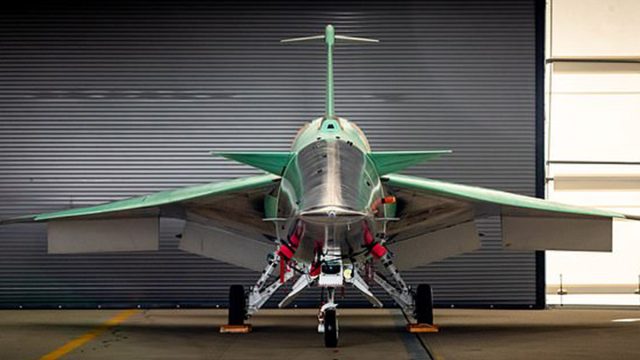
For many years, the Concorde made the trip between New York City and London in as little as 2 hours 52 minutes and 59 seconds. Twenty years ago the plane took its last transatlantic flight, retiring for a list of reasons including how expensive it was to operate and the fact that it was extremely loud. Now, a new supersonic jet has entered the sky, earning the nickname “Son of Concorde” as it can make the same trip in just four hours.
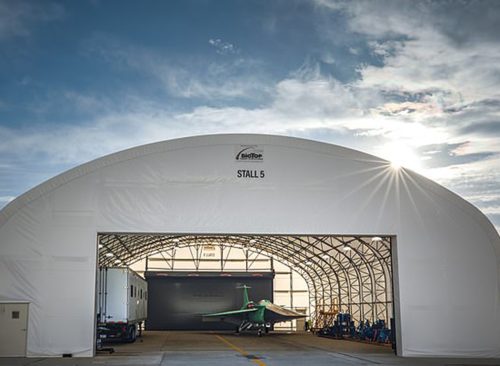
The “Son of Concorde” travels at a speed up to 925 miles per hour. It can make the trip from London to New York in less than four hours.
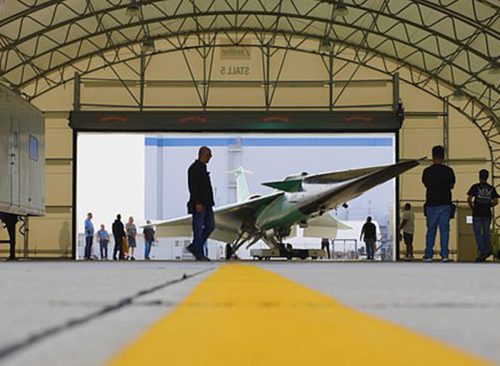
The research jet is owned by NASA and was designed in conjunction with Lockheed Martin, who was awarded a $247.5 million contract to build the X-59. It is being used for technology testing purposes and won’t be flying paid passengers.
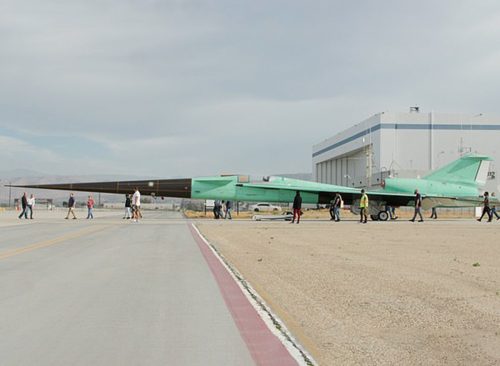
The space agency is using it to test technology in hopes of quieting the noise of the sonic boom when breaking the sound barrier. They are attempting to reduce it to a “sonic thump,” which would be just as loud as “a car door closing,” to anyone on the ground.
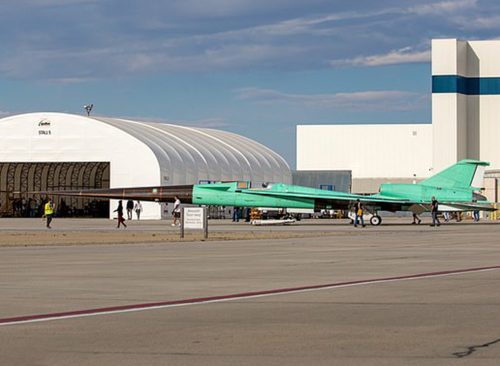
With the technology, they hope private companies can use the design of the jet in order to start making commercial jets that will meet the noise requirements set by the International Civil Aviation Organization.
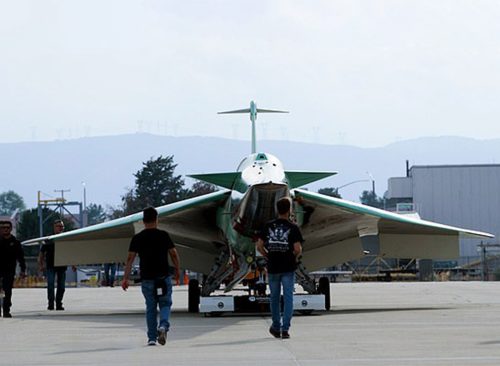
NASA calls it a “significant step for the mission” and will continue testing. “NASA will then fly the X-59 over several communities to gather data on human responses to the sound generated during supersonic flight,” they said. “NASA will deliver that data set to US and international regulators to possibly enable commercial supersonic flight over land.”

One of the biggest issues with the Concorde, which carried passengers overseas from 1976 to 2003, was the loud booms it created when breaking the sound barrier.
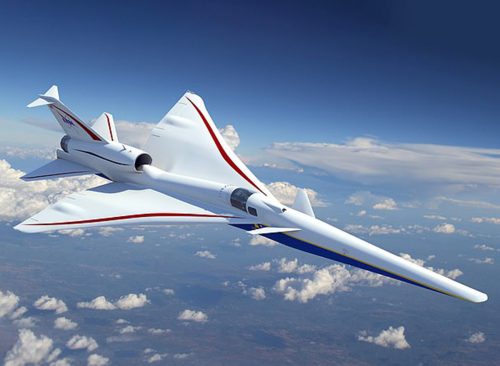
The project, launched in 2016, will continue until 2027 when all the data and information collected will be shared with American and international regulators in hopes of creating a commercial jet.














